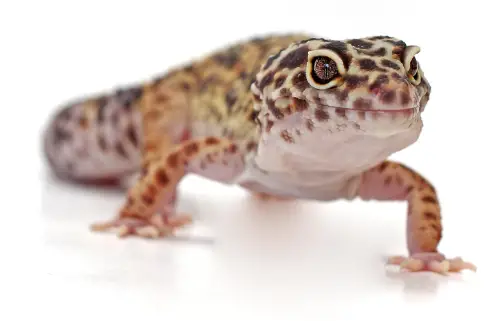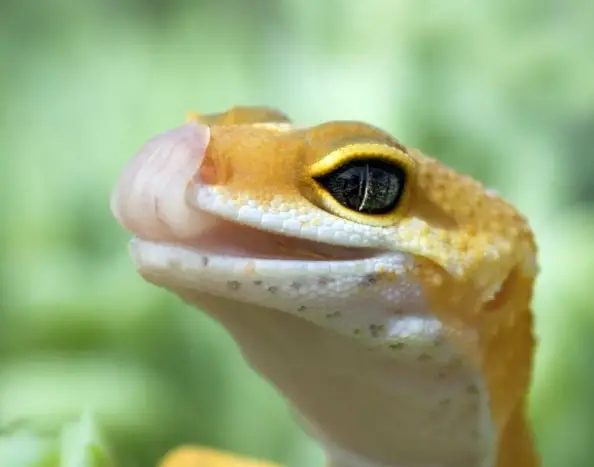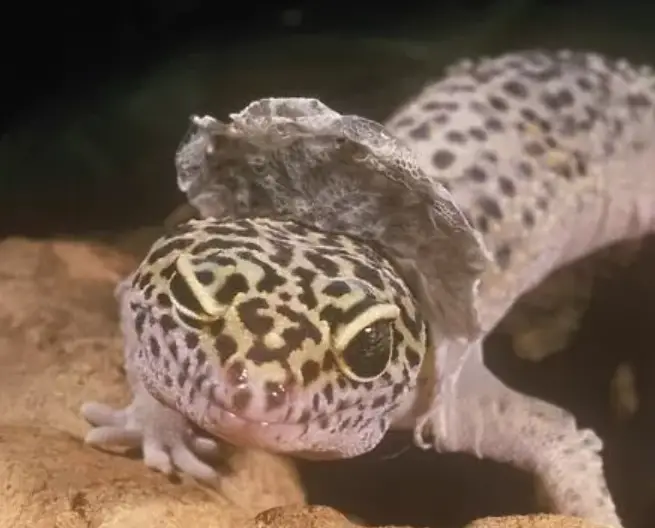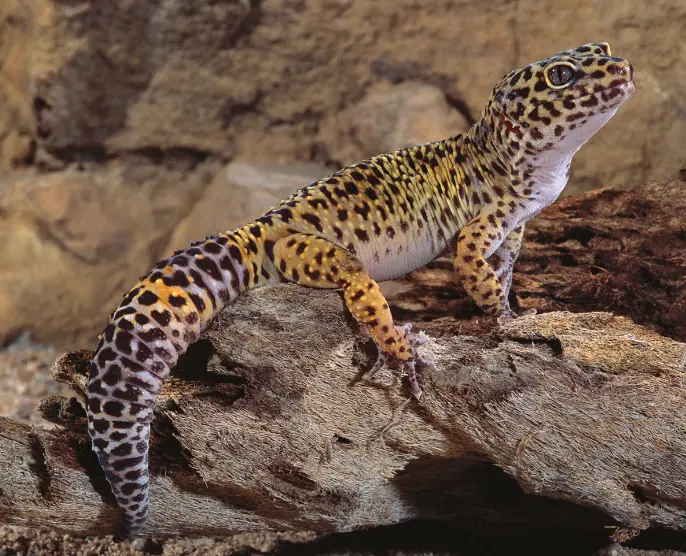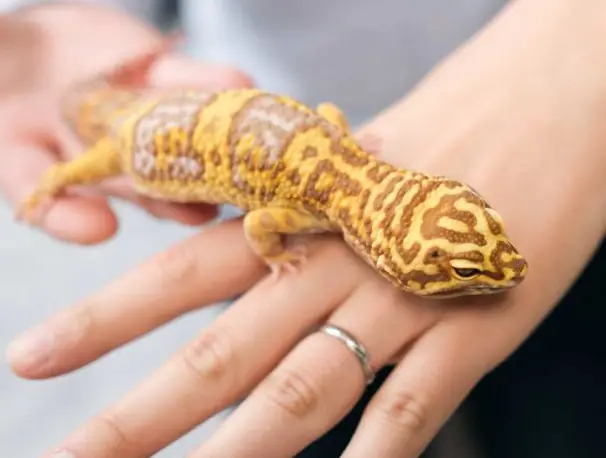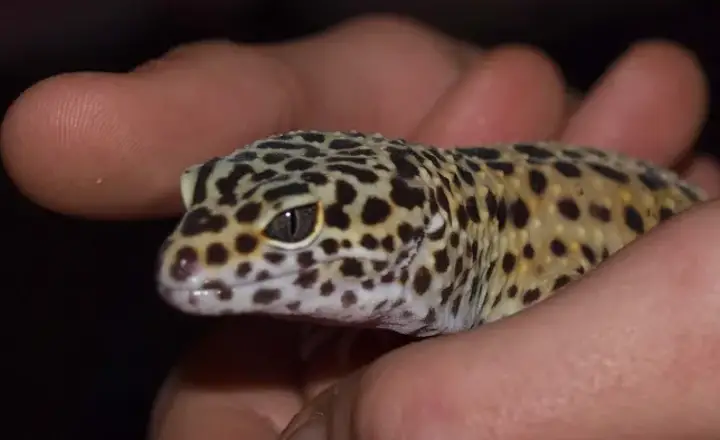Leopard geckos are fascinating and low-maintenance pets that can be a joy to have in your home. However, like all living creatures, they are prone to health problems, and one of the most common issues faced by leopard gecko owners is liver problems. The liver is a vital organ that performs numerous important functions in a leopard gecko’s body, and any damage or dysfunction to it can lead to serious health complications.
Fortunately, there are steps you can take to prevent your leopard gecko from getting liver problems. In this article, we will discuss the causes, symptoms, and treatment options for liver problems in leopard geckos. We will also provide practical tips and advice on how to ensure your gecko stays healthy and happy. By following these guidelines, you can help your leopard gecko avoid liver problems and maintain optimal health and well-being.
Provide high-quality nutrition
As a reptile, leopard geckos require a specific diet that is rich in nutrients to maintain optimal health. Providing a high-quality diet is one of the most important things you can do to prevent liver problems in your leopard gecko. Here are some tips on how to do this:
- Feed a balanced diet: A leopard gecko’s diet should consist of a balanced mix of insects, such as crickets, mealworms, and waxworms, as well as a variety of vegetables and fruits. You can also offer them commercially available reptile food, but this should not be the main component of their diet.
- Dust insects with calcium and vitamin D3: Insects should be dusted with calcium powder at every feeding, and vitamin D3 should be added a few times a week. This is important for the proper absorption of calcium, which is necessary for the health of their bones and to prevent liver problems.
- Provide fresh water: Make sure your leopard gecko always has access to fresh, clean water. Dehydration can lead to liver problems and other health issues.
- Avoid fatty and sugary foods: Leopard geckos are not designed to digest fatty or sugary foods, so avoid giving them these types of foods. This can contribute to liver problems and other health issues.
- Avoid overfeeding: Overfeeding can lead to obesity, which can put additional strain on the liver. Feed your leopard gecko an appropriate amount based on their size and age.
Provide clean drinking water
Leopard geckos can get dehydrated quickly, which can cause liver problems. To keep your pet hydrated, ensure it has access to clean drinking water at all times. You can provide a small, shallow dish of water that is changed daily and refilled with fresh water. Avoid using tap water as it contains chemicals such as chlorine and fluoride. Instead, use filtered water or bottled water to provide your pet with clean drinking water.
Maintain a clean and comfortable environment
A clean and comfortable environment is vital for your leopard gecko’s overall health. A dirty enclosure can lead to various health problems, including liver problems. It’s essential to keep the enclosure clean by removing feces, uneaten food, and any other debris. Additionally, you should replace the substrate regularly. Clean water and food dishes daily to prevent bacteria buildup, which can lead to liver problems. Ensure that the temperature and humidity levels in the enclosure are within the appropriate range. Leopard geckos require a warm and dry environment to thrive, and maintaining the right conditions can help prevent liver problems.
Avoid using UVB lights
Most reptiles require UVB lighting to produce vitamin D3, which is essential for calcium metabolism. However, leopard geckos don’t require UVB lighting, and exposure to UVB lighting can lead to liver problems. UVB lights emit UVB radiation, which can cause damage to the liver and other organs in leopard geckos. Therefore, it’s recommended that leopard gecko owners avoid using UVB lighting.
Monitor your pet’s behavior
Leopard geckos are generally active and curious creatures. However, if your pet is lethargic, has a decreased appetite, or is not drinking water, these could be signs of liver problems. It’s essential to monitor your pet’s behavior and look out for any changes. If you notice any concerning behavior or signs of illness, take it to a qualified veterinarian who specializes in reptiles.
Avoid over-supplementing
Supplementing is an essential part of a leopard gecko’s diet to ensure they get all the necessary nutrients. However, over-supplementing can cause liver problems. Over-supplementing with vitamin A, in particular, can be toxic to leopard geckos and cause liver damage. It’s recommended that you follow the recommended dosage of supplements and avoid over-supplementing your pet.
Conclusion
In conclusion, liver problems can be devastating for leopard geckos. As a responsible owner, there are various steps you can take to prevent your pet from getting liver problems. Providing high-quality nutrition, clean drinking water, a clean and comfortable environment, avoiding the use of UVB lighting, monitoring your pet’s behavior, and avoiding over-supplementing are effective ways to keep your leopard gecko healthy. By taking these steps, you can ensure that your pet enjoys a long and healthy life.
